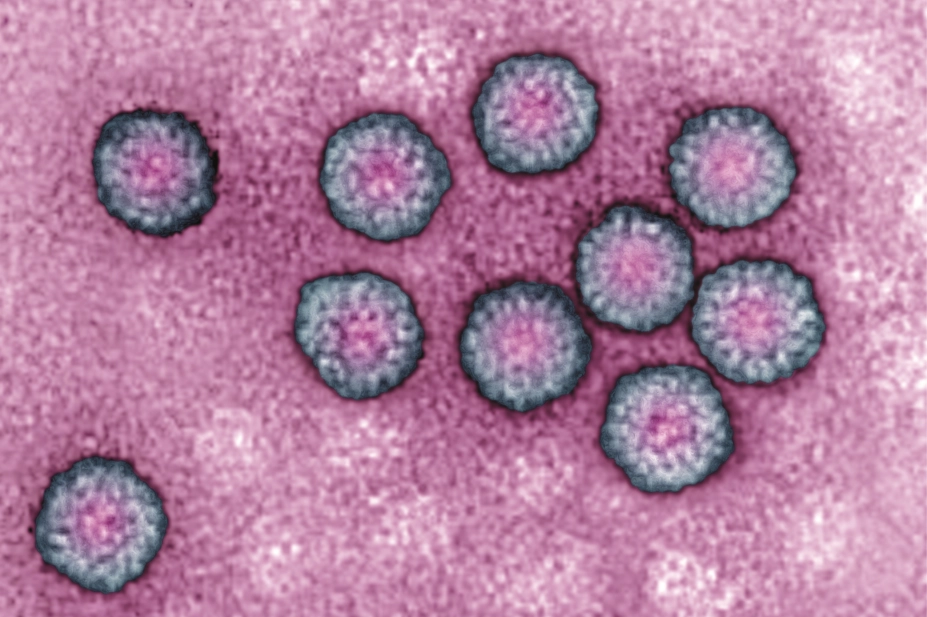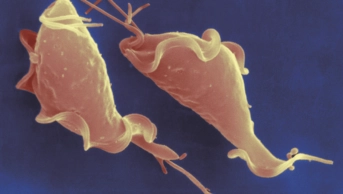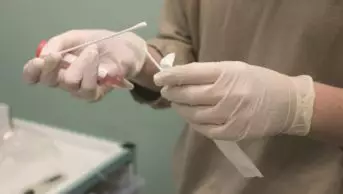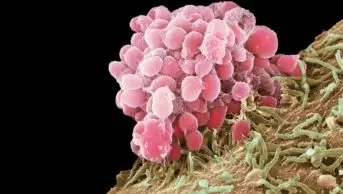
Cavallini James / BSIP / Science Photo Library
Human papillomavirus (HPV) is a major cause of genital cancers, and the most common sexually transmitted infection. However, its transmission dynamics, including whether infection induces protective immunity against future reinfection, are poorly understood.
In a paper in PNAS (online, 5 December 2017), researchers looked at data from a study of 4,123 unvaccinated men whose genital HPV infection status was tracked over 5 years[1]
.
They found that genital HPV infection did not induce protection against reinfection. Instead, infection with one HPV type significantly increased the risk of reinfection with that type for at least two years. The team found that this risk was increased in both sexually active and celibate men, indicating that the reinfection occurred from either virus reactivation or spread from another part of the body, rather than through sexual contact.
The researchers said the findings indicated that not only vaccinating boys before exposure to HPV, but also vaccinating previously infected men, could help reduce the prevalence of the virus.
References
[1] Ranjeva S, Baskervill E, Dukic V et al. Recurring infection with ecologically distinct HPV types can explain high prevalence and diversity. PNAS 2017; 114: 13573–13578. doi: 10.1073/pnas.1714712114


